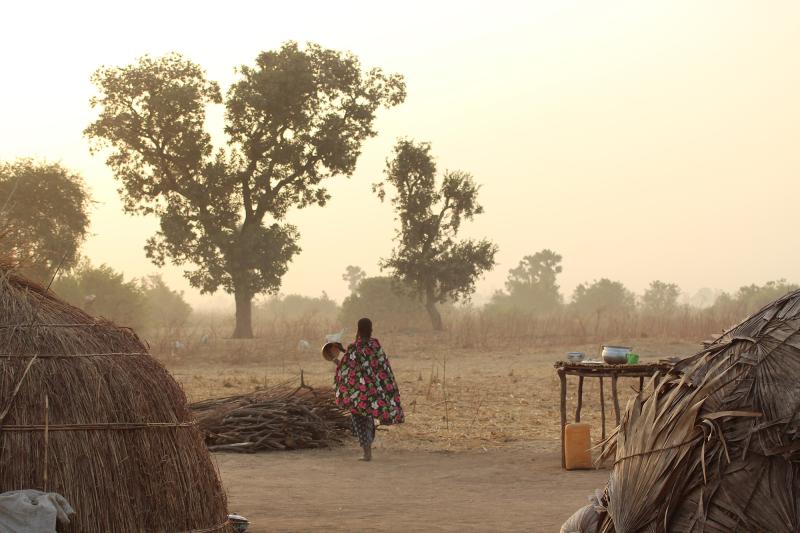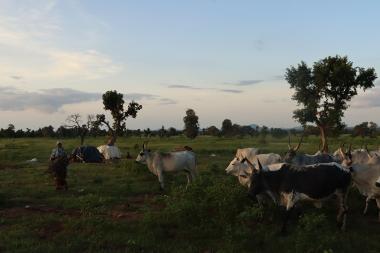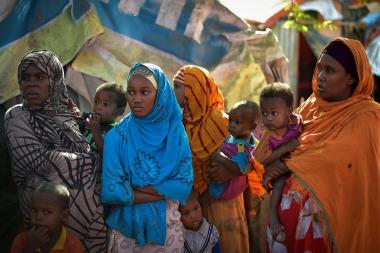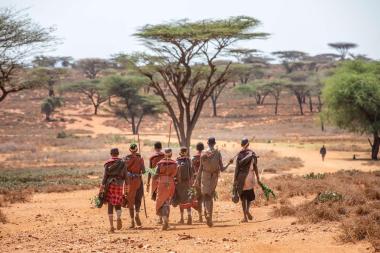Women in farmer-herder conflicts: Case studies from Sudan and Nigeria
The report explores the role of women in farmer-herder conflict, based on case studies from Sudan and Nigeria.
Women are seldom mentioned in studies on farmer–herder conflict. When they are, their portrayal is predominantly as victims of conflict rather than actors who exercise their own agency.
This report addresses that gap and aims to understand women’s experience of – and role in – conflict, and highlights the challenges they face, the coping strategies they use, and the impacts of conflict on their access to food and livelihoods.
Focus group discussions and key informant interviews were conducted in two case study locations, in two countries: Azaza Sogora village in Gadarif State, Sudan and Jangargari village in Nasarawa State, Nigeria. Transcripts were analysed through content analysis, and key insights were distilled.
Findings include:
- Farming and pastoral food production systems are intimately connected to farmer–herder conflict. As key actors in these systems, women play prominent roles in such conflicts, both as affected parties and as strategic actors.
- In both locations, women depend mainly on local food production systems for livelihoods and food security, and farmer–herder conflict substantially affects them: while men may seek opportunities elsewhere, social and cultural constraints limit women’s mobility, worsening economic hardships from lost harvests and livestock.
- Women show resilience by tapping into various coping strategies, though these are limited and demanding. Access to finance and to specific support enhances women’s ability to cope and to manoeuvre.
- Conflict also deeply affects women physically and psychosocially, particularly where it is more violent, and leads to trauma, fear and isolation. At the same time, it increases women’s economic and caregiving burdens in both contexts. Opportunities for social exchange and connection are reduced, if not removed altogether, as seen in Nigeria. Addressing these impacts can strengthen women’s ability to cope and contribute to rebuilding family and community cohesion.
Policy implications include:
- Given differences in the intensity of conflicts and in political, social and economic dynamics, support to women in farmer–herder conflict needs to be mindful of context.
- It should respond to the specific patterns and recurrent themes of each setting.
- Moreover, support should be informed by the lived experiences of the women affected.



